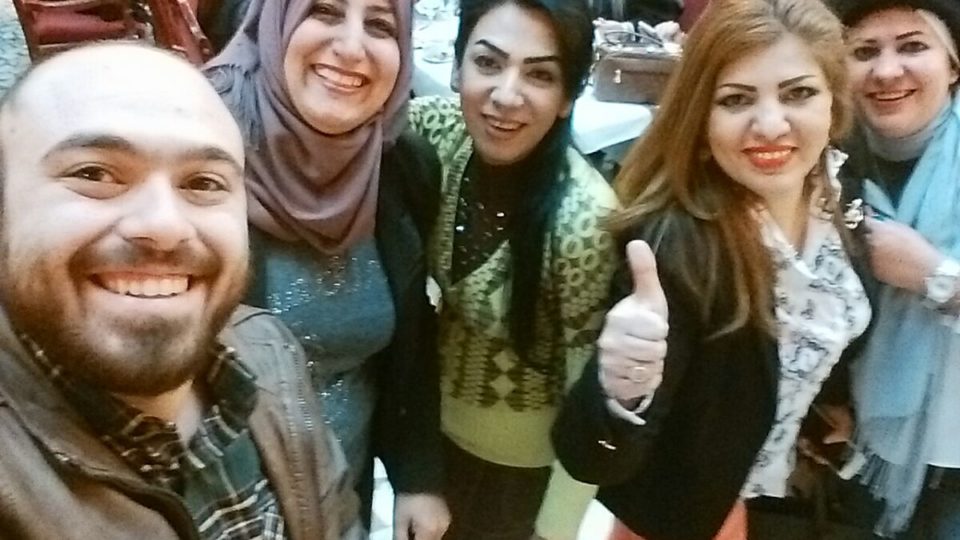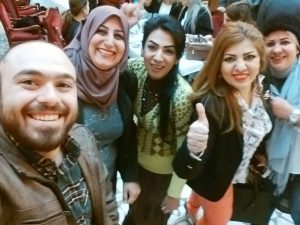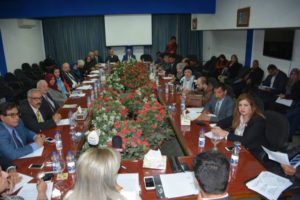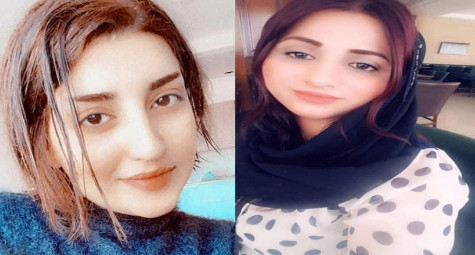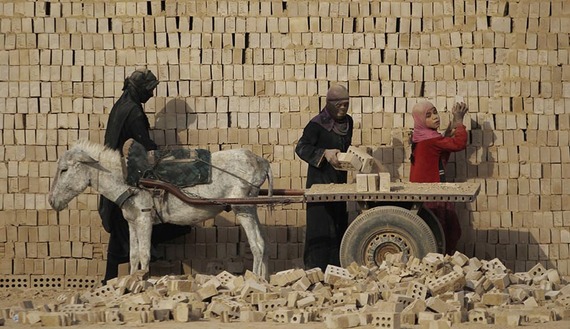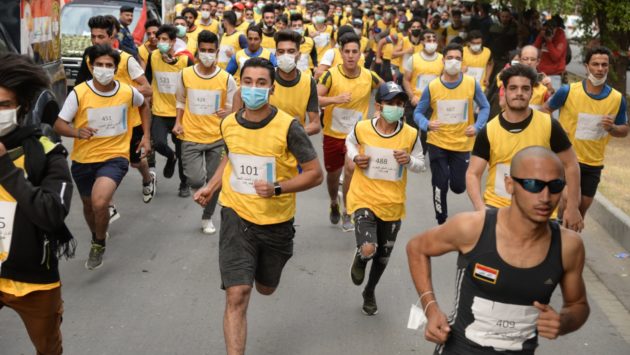Women Human Rights Defender’s Conditions in Iraq
Baghdad
On Sunday 10 December 2016, International Day of Human Rights Defenders, the Iraqi Women’s Journalist Forum and the Iraqi Women’s Network held a seminar in a cooperation with the Italian organization, Un Ponte Per, and the Iraqi Civil Society Solidarity Initiative. The seminar was devoted to a discussion of the reality facing women human rights defenders in Iraq. It was attended by both journalists and activists concerned about this issue.
The seminar was conducted by Ms. Aseel Al-Bayati, a member of the Iraqi Women’s Journalist Forum, and supporter of Shahrazad project which works for the protection and safety of women journalists and human rights defenders.Others who led seminars were Ms. Shmiran Mrokhl, secretary of the Iraqi Women’s Network, and Dr. Mahmoud Khalil Jaffar, professor of international law at Baghdad University
Ms Shmiran gave a brief historical account of law relating to human rights defenders. She gave some examples of experiences of human rights defenders, and the changes that they face today, especially women who are active in the field who may face threats murder and kidnapping. She emphasized the importance of making laws that could protect defenders ,with special attention to those who lack basic external safety measures. She drew the audience’s attention to a book — One Thousand Martyrs, published by the Institution of Political Prisoners, — which lent support to her claims. The book gives voice to a number of women activists who have been murdered in their work defending human rights.
She ended her speech emphasizing that active Iraqi women are suffering and will suffer if there are no laws in place to protect them.
Dr. Mahmoud Khalil opened his speech by exploring human rights, stating their value in relation to our understanding of social justice. He then talked about international law, treaties and agreements, and the place of human rights in both local and international conflicts. He explained the stages that human rights have gone through since 1948, and explained what those guarantees available to all human rights defenders according to the official declaration issued by the UN.
Next, Ms Nibras AL-mamurry, the head of the Iraqi Women’s Journalist Forum spoke about the difficulties women journalists and activists face in their attempt to defend human rights: including, denigration and threats in their work. She added that when she received the invitation to come to the conference from the Italian Parliament and the Italian organization, Un Ponte Per, she experienced great difficulty, and was even threatened to death.
AL-mamurry spoke about the Italian Parliament, Amnesty International and the Italian Foreign Ministry and maintained the importance of issuing a official decision that would provide a safe shelter for human rights defenders in case danger.
The seminar included a discussion between the attendees about violations that women face, and the ways we might create a solid legal base to provide protection to human rights defenders in order to ensure their safety and achieve justice. The discussion also covered the fate of prisoners who are in jail without charge, as well as the need to establish a coordinated movement of Iraqi organizations in response to those tribal environments that marginalize women.
One of the most important arguments was put forward by Ms Bushra AL-Ubady, the Legal Advisor of the Iraqi Women’s Journalist Forum which explained that human rights defenders are certainly at risk but the plight of women and journalists is equally important. Perhaps the most effective way to constrain women’s activates is through an appeal to her honor or reputation — and it is precisely this strategy which is so often leveled against women human rights defenders. Women are forced to limit themselves to what is permitted by custom and tradition society, spheres where the law is generally excluded. She stated that we must reconfigure the Iraqi judicial system, make it more independent. We must also be sure to educate human rights defenders about the law. She concluded that the current program of government reform includes 6 points which divide into 28 parts, each part including 100 point. Out of all this, there is not one single point about human rights!
The seminar ended with a speech from the Libyan ambassador and professor, Naji Ahmed Shalgham. She praised and congratulated the Iraqi women for their effort to navigate tradition customs in today’s world. Ideas of masculinity and conventional practices that greatly limit the role of women are powerful, but despite all this, she is optimistic about women’s ability to achieve justice, equality and to ensure human rights for all.

